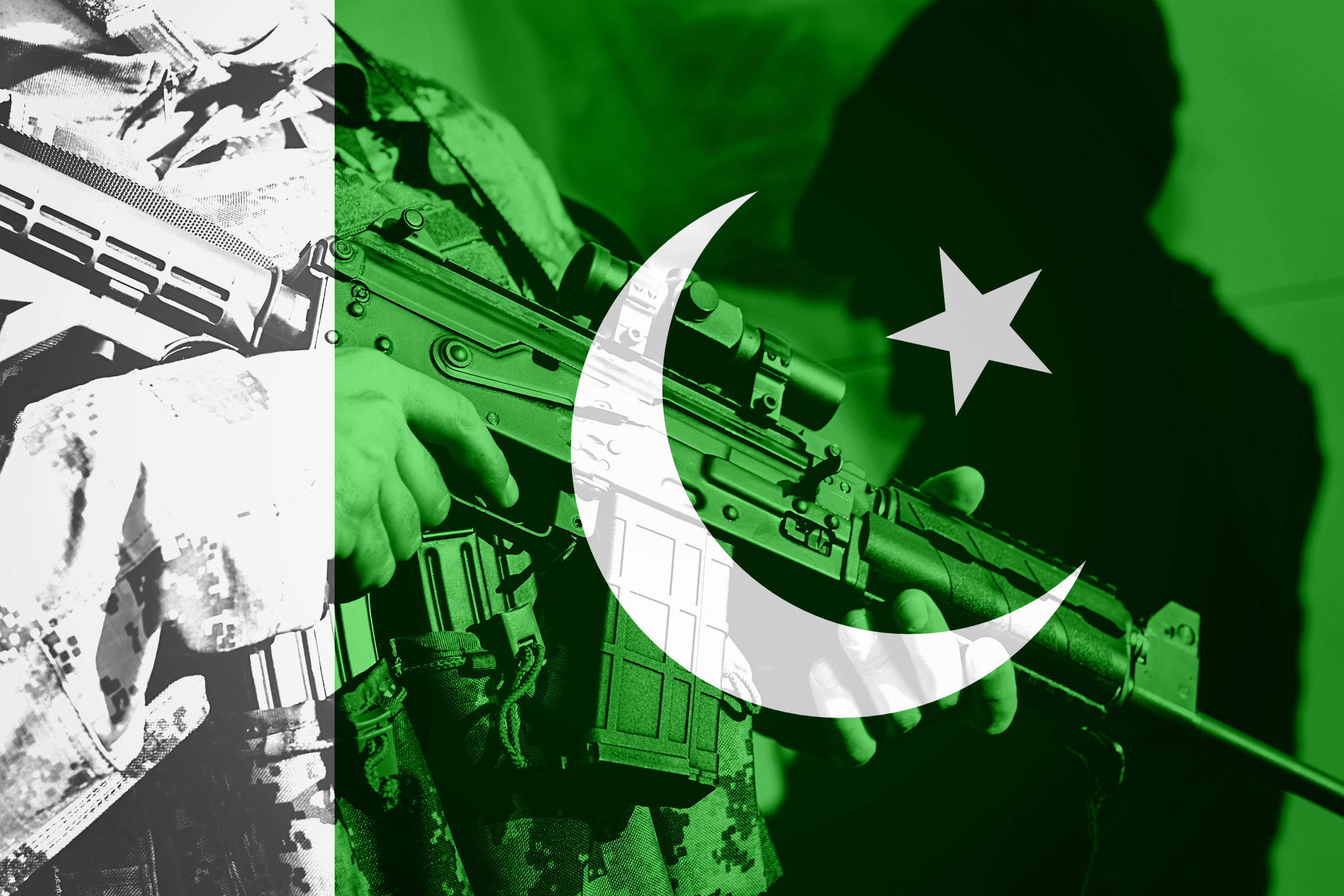
Pakistan has long been a battleground for external forces seeking to influence its domestic affairs. In recent times, the political turmoil surrounding the potential resurgence of PTI’s founder, Imran Khan, has sparked a wave of narratives and efforts that appear to be part of a broader international agenda. Analysts have termed this foreign-backed campaign to restore Imran Khan’s political standing as “Operation Goldsmith.” The roots of this operation, as suggested by observers, are traced back to the Goldsmith family, which is allegedly using its diplomatic and media influence to portray Imran Khan as a savior. This article explores the implications of this operation and the challenges it poses to Pakistan’s sovereignty.
Foreign Influence and Diplomatic Intrigues
In Islamabad’s diplomatic circles, concerns are growing over the unusual interest a senior Western diplomat has shown in Pakistan’s internal affairs. This diplomat, with extensive experience in conflict zones such as Yemen, Afghanistan, and Kenya, has been notably active in Pakistan’s political landscape. Her recent meetings with journalists, so-called human rights activists, and academics go beyond the usual diplomatic engagements and raise serious concerns about foreign interference. These interactions appear to be part of a concerted effort to garner support for Imran Khan, who is currently incarcerated at Adiala Jail. The involvement of a foreign diplomat in advocating for a political figure facing serious legal charges is not only unprecedented but also deeply troubling. This raises the question: What do these Western powers stand to lose in Pakistan that they are willing to engage in such blatant interference?
Media Manipulation and the Western Agenda
Western media outlets have been busy crafting a narrative that portrays Imran Khan as a symbol of victimhood, under the pretense that he is being targeted by an authoritarian regime. Ignoring the fact that Imran Khan is facing charges according to Pakistan’s legal system, and that he has already received judicial relief in several cases, these foreign forces have orchestrated a campaign that has resulted in the publication of at least 129 articles in international media. These pieces criticize Pakistan’s state institutions, particularly the military, while painting Khan as a persecuted hero. This media campaign is not a spontaneous reaction to political events but a calculated effort to serve specific political interests.
The Goldsmith family, Imran Khan’s former in-laws, are believed to be backing this campaign. With considerable influence in Zionist and capitalist circles, they are allegedly orchestrating efforts to present Imran Khan in a favorable light globally. Analysts view this pro-Imran campaign as part of a larger geopolitical strategy aimed at achieving broader objectives.
Geopolitical Implications and Western Hypocrisy
This campaign’s geopolitical dimension cannot be ignored. The question arises: Is Imran Khan’s recent nomination for the chancellorship of a prestigious international institution linked to this broader scheme? The Western powers and their media’s disproportionate focus on Pakistan’s routine political affairs, while overlooking far more significant crises like those in Gaza, reveals a deep moral bankruptcy. It also underscores the Western media’s selective approach to human rights and justice.
For Imran Khan, this Western support is a double-edged sword. Historically, Pakistani public sentiment has been against leaders perceived as being too closely aligned with Western interests. These suspicions are not unfounded, as they are rooted in a long history of foreign interference that has often led to disastrous outcomes for the country. The growing number of pro-Khan articles in international media is becoming increasingly noticeable, and as the contours of this external campaign become clearer, it will likely cause further concern among the Pakistani public, eventually diminishing the campaign’s effectiveness.
Operation Goldsmith: A Threat to Sovereignty
Operation Goldsmith is more than just a political maneuver; it is a direct challenge to Pakistan’s sovereignty. This operation represents a concerted effort by external powers to influence Pakistan’s internal affairs, and it is a challenge that Pakistan must confront. The ruling circles and the public in Pakistan must resist this external pressure and ensure that the country’s future is shaped by its people’s will, not by foreign agendas. In an interconnected world, where media narratives can influence public opinion and policy, Pakistan must remain vigilant against these encroachments on its sovereignty. National sovereignty is a fundamental right that must be defended at all costs.
Conclusion
Pakistan has faced significant challenges before and has emerged victorious with the support of its people. However, overcoming this latest challenge requires a unified national strategy and a collective approach. As the country navigates these turbulent waters, it must remain steadfast in its commitment to sovereignty and independence. The lessons of history remind us that foreign interference, no matter how subtle, can have far-reaching consequences. Pakistan’s leaders and citizens must work together to ensure that the nation’s future is determined by its own people, free from the influence of external forces.
